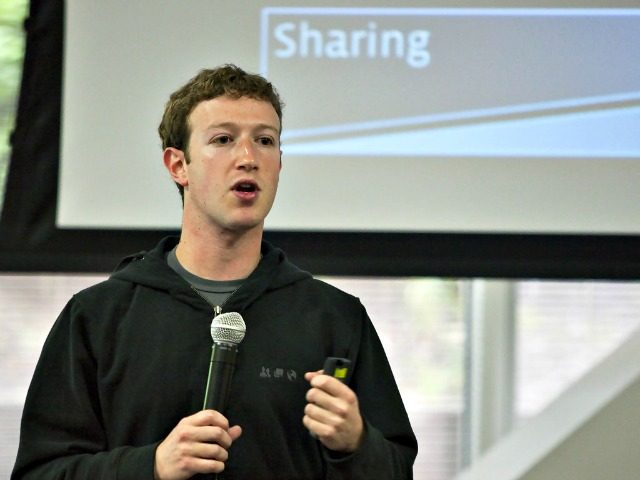The left blamed Facebook for allowing users to share “fake news” — or merely news unfavorable to Hillary Clinton. Now, Facebook is moving to rehabilitate its image by launching “The Facebook Journalism Project.”
Facebook (FB:NYSE) is offering three sets of tools to develop an expanded relationship with news organizations and content publishers that will allow: 1) “Collaborative development of news products”; 2) “Training & Tools for Journalists”; and 3) “Training & Tools for Everyone.”
The company claims this collaborative effort will reduce fake news through the creation of new story formats; local news initiatives; exploration of new business models and solutions; and the ongoing sponsorship of journalism and publishing conferences.
When Facebook launched its Instant Articles in May 2015, the company heralded it as a way for publishers to beat the up to 10 second loading time to access outside content providers’ websites on mobile, where users were increasingly reading their news. Facebook tried to sell the concept as a willingness to host stories inside their own app in a standardized, “readable” format that would load almost instantly.
The idea initially looked like a big win for content publishers, because more users would want to click their stories and fewer users would bounce away before the content publisher’s page loaded. Even if Facebook somewhat restricted what could be shown on Instant Articles and how many ads appeared on the content publisher’s own site, the company expected to attract enough “views” to more than make up for it.
But Instant Articles “sterilized” the publishers’ identities. Instead of people reading on a publisher’s websites with its customized branding style, Facebook-hosted Instant Articles from different content publishers’ websites ended up looking almost identical.
TechCrunch warned that Instant Articles was turning content creators into interchangeable “dumb” ghostwriters. The problem was that Facebook Instant Article users tended just to scan their News Feed, rather than building brand trust that could lead to a loyalty relationship worthy of paying a subscription fee or attending paid events.
Supposedly, the supposedly new and improved Facebook Journalism Project will now include Facebook offering digest packages of content publishers’ Instant Articles that users can click on to get free trials for paid subscriptions or join hackathon events with publishers’ development teams.
Facebook says it will give away access to CrowdTangle (CT), which the company just bought in November. The CT journalism tool helps publishers track how content spreads around the web and to identify so-called “influencers.” CT already helps reporters sift through trends and already has a huge impact on what stories that populate in various news feeds throughout the day.
The Journalism Project appears to be an effort to respond to the “Age of Trump.” Last month Facebook hired former NBC News correspondent and CNN host Campbell Brown to lead its news “partnering” team. Brown wrote in a Facebook post last week: “Covering the news with honesty and integrity is something that matters deeply to me, and I have always felt that journalism is more than just a job.”
Facebook then followed up with an initiative tofight fake news and hoaxes by putting red labels on articles deemed “factually-disputed” by ABC News, Snopes.com and FactCheck.org as allegedly unbiased thirdparties.
But Breitbart News and others reported that Facebook’s “fact checkers” have a history of left-wing bias during the 2016 election. For example, ABC’s George Stephanpoulos, a former campaign operative and top White House staffer in the Bill Clinton administration, “never disclosed that Stephanopoulos’s wife said the pair would ‘leave the country; should Donald Trump be elected to the presidency.”

COMMENTS
Please let us know if you're having issues with commenting.